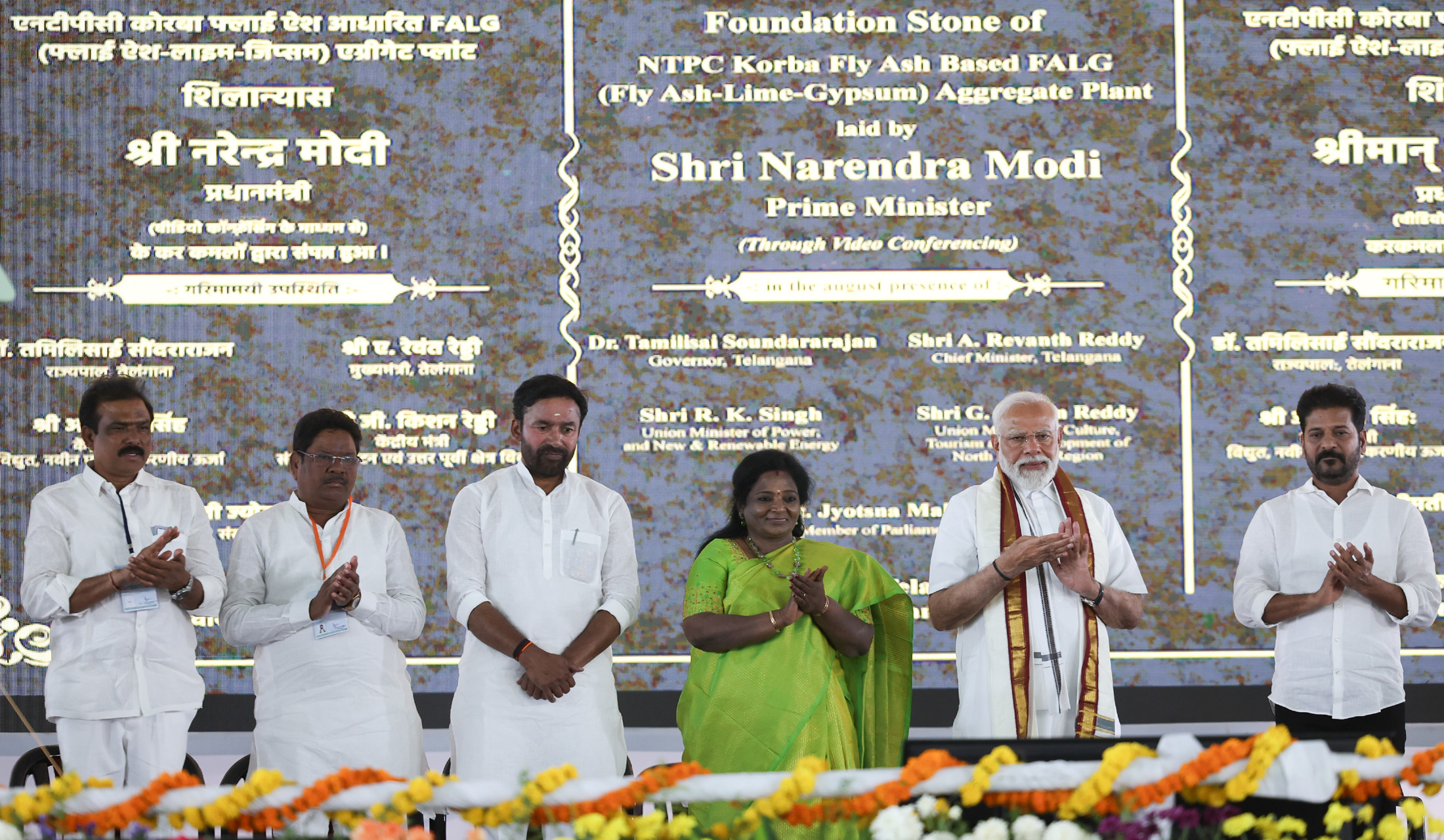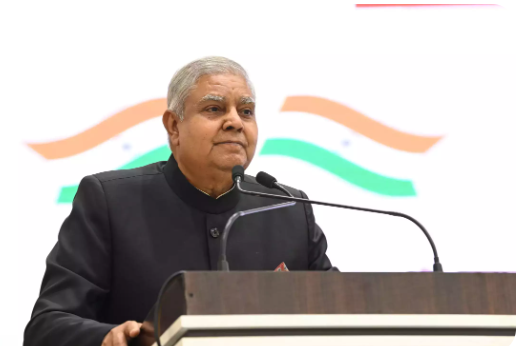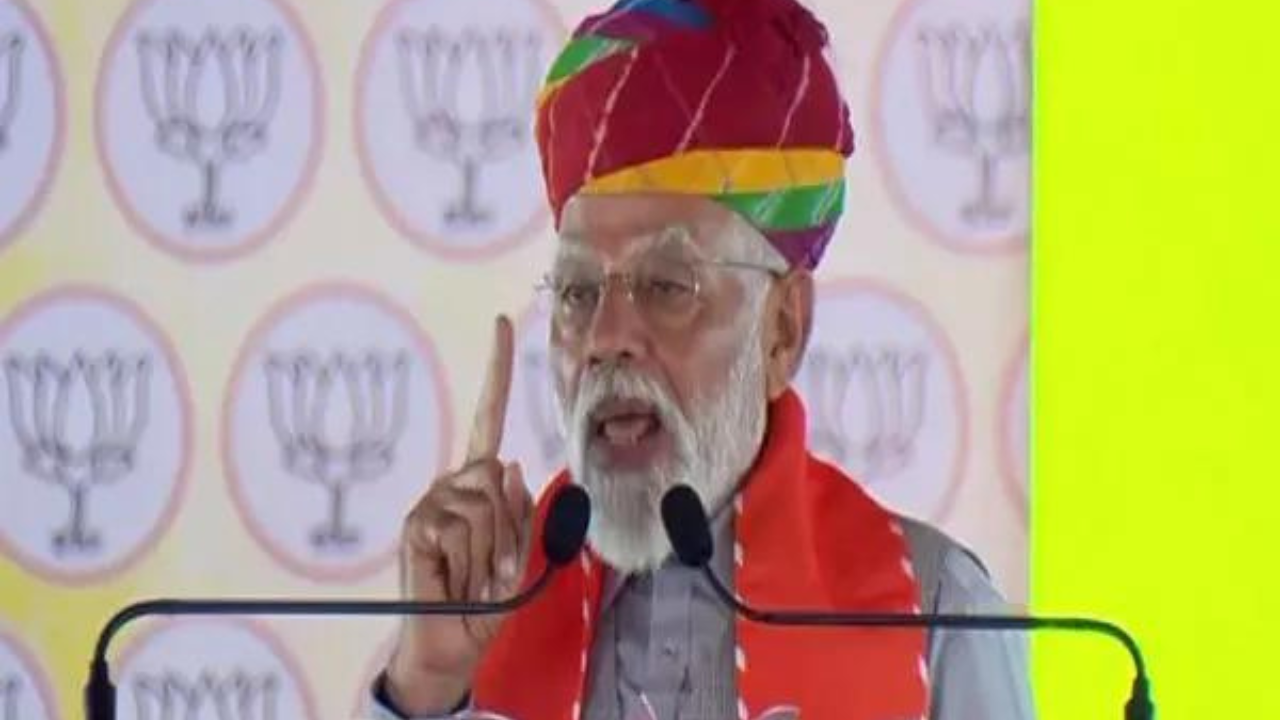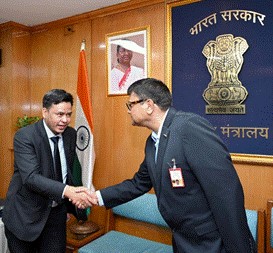Adilabad, Telangana (March 4, 2024): In a momentous event for Telangana and India as a whole, Prime Minister Narendra Modi today inaugurated, dedicated to the nation, and laid the foundation stones for a multitude of development projects encompassing various sectors in Adilabad, Telangana. These projects, with a combined value exceeding Rs. 56,000 crores, represent a comprehensive and strategic push towards bolstering power generation, transmission, infrastructure development, and clean energy solutions across the region and beyond.
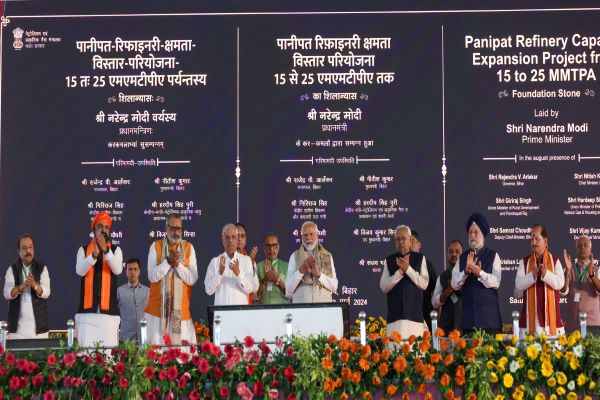 A central theme of the event was strengthening India’s power sector through a multi-pronged approach. The Prime Minister inaugurated the 800 MW NTPC Unit 2 in Telangana, significantly augmenting the state’s electricity generation capacity and contributing to national energy security.
A central theme of the event was strengthening India’s power sector through a multi-pronged approach. The Prime Minister inaugurated the 800 MW NTPC Unit 2 in Telangana, significantly augmenting the state’s electricity generation capacity and contributing to national energy security.
Furthermore, foundation stones were laid for several groundbreaking renewable energy projects, showcasing India’s commitment to technological innovation and clean energy development:
- A Flue gas CO2 to 4G Ethanol Plant in Chhattisgarh: This pioneering project signifies India’s embrace of cutting-edge technology and its dedication to developing clean energy solutions that address environmental concerns. By transforming industrial waste into biofuel, this initiative demonstrates a responsible approach to energy generation and waste management, paving the way for a more sustainable future.
- A Sea Water to Green Hydrogen plant in Andhra Pradesh: This project lays the groundwork for the development of a robust green hydrogen ecosystem in India. Green hydrogen, produced using renewable energy sources, holds immense potential as a clean and sustainable fuel for various sectors, including transportation and industry. Its development can significantly contribute to India’s decarbonization efforts and position the nation as a leader in clean energy technology.
- The Lalitpur Solar Power Project in Uttar Pradesh: This project expands the state’s energy mix by promoting large-scale solar power generation. By harnessing the potential of renewable energy sources, India can ensure energy security while mitigating the environmental impact of traditional fossil fuel-based power generation. Additionally, the project creates job opportunities and fosters the growth of the domestic solar energy industry.
Beyond the power sector, the event underscored the government’s dedication to strengthening the nation’s infrastructure, a critical foundation for economic growth and societal well-being. The Prime Minister laid the foundation stones for the development of crucial national highways in Telangana, aiming to improve connectivity within the state and facilitate economic growth by enabling the seamless movement of goods and people. These projects have the potential to:
- Reduce travel times and transportation costs: Improved infrastructure can significantly reduce travel times between cities and towns, leading to increased efficiency and productivity for businesses and individuals. Additionally, lower transportation costs can benefit both producers and consumers, stimulating economic activity.
- Boost regional development: By creating better connections between rural and urban areas, infrastructure projects can facilitate the flow of goods, services, and information, leading to increased investment and economic opportunities in previously underserved regions.
- Enhance access to essential services: Improved roads can bridge the gap between communities and provide better access to essential services such as healthcare, education, and employment, particularly for those residing in remote areas.
The dedication of the electrification project connecting Ambari, Adilabad, and Pimpalkutti signifies the government’s commitment to ensuring equitable access to basic amenities, particularly in underserved areas. By providing access to electricity, this project has the potential to:
- Improve living standards: Electricity is essential for powering homes, schools, and healthcare facilities, contributing to improved living standards, educational opportunities, and healthcare outcomes, particularly in rural communities.
- Empower communities: Access to electricity can empower communities by enabling them to participate more actively in the economic and social spheres. It can facilitate the development of small businesses, create new income-generating opportunities, and promote overall community development.
Furthermore, the laying of the foundation stone for the 1200 MW Jalaun Ultra Mega Renewable Energy Power Park in Uttar Pradesh underscores the government’s unwavering commitment to promoting large-scale renewable energy projects. This project, alongside others like the Lalitpur Solar Power Project, demonstrates a proactive approach towards building a clean and sustainable energy future for India. By fostering the development of renewable energy sources, the government aims to:
- Reduce reliance on fossil fuels: By increasing the share of renewable energy in the national grid, India can decrease its dependence on imported fossil fuels, enhancing energy security and independence.
- Mitigate climate change: Renewable energy sources like solar and wind power produce minimal greenhouse gas emissions, contributing significantly to India’s efforts to combat climate change and transition towards a low-carbon economy.

